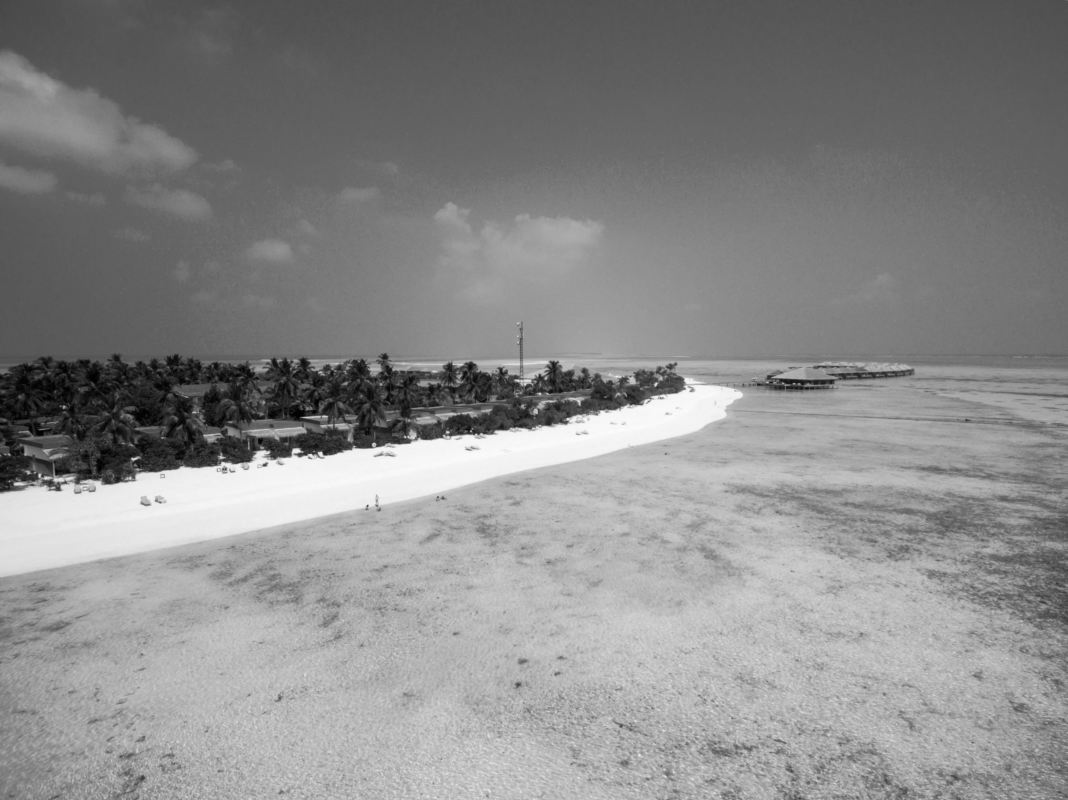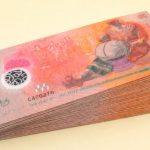The following information has been contributed by Maldives Monetary Authority (MMA), Capital Market Development Authority (CMDA) and CTL Strategies LLP.
The Maldivian economy fared well over the first half of 2017, largely boosted by the strong performance of the highest contributing sectors to the GDP of the country.
The tourism sector, which is the single largest contributor to GDP, continued to perform robustly as indicated by the remarkable tourist arrival growth of 6% recorded for the period. By the end of the first six months of the year, Maldives achieved nearly half of the tourist arrival target for the year 2017. This significant increase in arrivals was largely contributed by a higher number of arrivals from Europe, particularly Russia and Italy, which more than offset the decline in arrivals from the single largest market, China. The strong performance of the sector was further evidenced by a marked growth of 9% in tourist bed nights during the period, which is another key indicator of the sector performance.

Looking at other economic sectors, the fisheries sector showed a marked improvement during the first half of the year. This was evidenced by the significant increase in fish purchases by fish processing companies — a key indicator to gauge the sector performance.
Additionally, activity in the construction sector continued to strengthen on the back of easier access to finance and also due to large public infrastructure projects.
Further, wholesale and retail sector growth was also observed to be strong as indicated by increased lending and imports to the commerce sector.
Meanwhile, inflation was contained reasonably well over the first six months of the year. Although the rate of inflation was observed to have accelerated considerably to 3.8% during the period, from 0.7% in the preceding half, this mainly reflected the base effects of some policy changes. This included the reduction in food subsidies effective from October 2016 and also the upward revision of import duties on cigarettes effective from March 2017.
Over the first half of the year, merchandise exports to the Maldives recorded a significant growth owing to sizable increases in both domestic exports and re-exports. While domestic exports increased due to a growth in earnings from frozen skipjack tuna exports, the increase in re-exports — mainly comprising of jet fuel sold at international airports — stemmed from the pickup in oil prices in the international market. Meanwhile, merchandise imports also increased during the period as a result of the recovery in oil prices and the buoyancy in economic activity.
With regard to gross international reserves (GIR), although it followed a declining trend during the first half of the year, the pace of decline slowed towards the end of the period. These developments largely reflected the trends of the usable reserves component of GIR.
At the end of June 2017, usable reserves registered a marked growth of 15% as a result of proceeds from a sovereign bond issued by the government during the month. Looking ahead, the overall growth outlook for the Maldivian economy is expected to remain healthy in 2017. Further, the continued robust expansion of the construction sector, stemming from large infrastructure projects will also prop up overall growth.
Meanwhile, the current spike in consumer price inflation is expected to moderate towards the end of the year as the base effect of the policy changes dissipates. The fiscal deficit is expected to remain in a favorable position in 2017 as a result of the continued effort to streamline government recurrent expenditure coupled with an estimated increase in total revenue.
In light of these positive developments, monetary policy is set to remain accommodative to stimulate private sector credit and foster economic growth. On the external front, the current account deficit is projected to remain high in the medium term due to higher construction sector – related imports. However, a positive prospect in the tourism sector is expected to help to maintain GIR at an adequate level.













